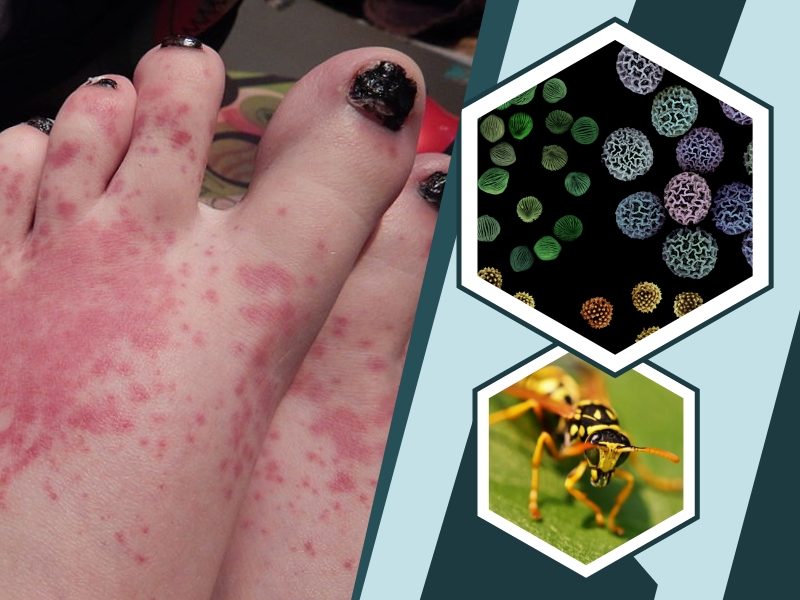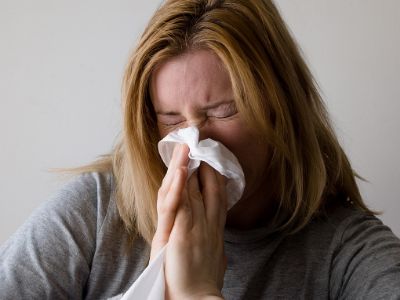What Triggers Hives?

Hives are a skin reaction that causes bumps, raised patches, or both to suddenly appear on the skin. The bumps and raised patches are often itchy and may look swollen. Fortunately, you cannot get hives by touching someone with hives or being around someone who has hives. However, some people develop hives when they have a contagious disease like the common cold or strep throat.

Types of Hives
1. Allergic Reactions
This the most common types of hives. Allergic reactions can be caused by any allergen you might be sensitive to.
2. Anaphylaxis
This is a severe type of hives that can be life-threatening. In this condition, hives are often accompanied by breathing difficulties, nausea or vomiting, severe swelling, and dizziness.
3. Chronic Hives
A chronic hive is an ongoing case that doesn’t have an identifiable cause. Chronic hives are marked by recurring hives that can interfere with your lifestyle. This condition may last between six weeks and several months. You may suspect chronic hives if you have welts that don’t go away within six weeks.
4. Dermatographism
Dermatographism is considered mild. Unnecessary scratching or continuous pressure on the skin causes it. This condition usually clears up on its own in a short period without treatment.
5. Temperature-Induced Hives
A change in temperatures can induce hives in people who are sensitive to such changes.
6. Infection-Induced Hives
Both bacterial and viral infections can cause hives. Common bacterial infections causing hives include urinary tract infections and strep throat. Viruses that cause infectious mononucleosis, hepatitis, and colds often cause hives.
Hives Triggers
Triggers that most commonly cause hives to include:
- Foods such as peanuts, eggs, nuts, and shellfish
- Latex
- Blood transfusions
- Medications such as antibiotics, aspirin, and ibuprofen
- Insect stings or bites
- Physical stimuli, such as pressure, cold, heat, exercise, or sun exposure
- Pollen
- Some plants
- Pet dander
Avoid The Triggers
If the cause of hives can be identified, the best treatment is to avoid the trigger or eliminate it:
- Don’t eat foods that have been identified to cause your symptoms.
- Avoid tight clothing. Pressure hives can be relieved by wearing loose-fitting clothes.
- Avoid harsh soaps. Frequent baths may lessen itching and scratching. Itching and scratching can make the hives feel worse.
- Wear protective clothing; apply sunblock.
- If you develop hives when exposed to cold, do not swim alone in cold water. Avoid exposure to cold air and use a scarf around your nose and mouth in cold weather. If you must be out in the cold, wear warm clothing.

Medication Used For Hives
Your doctor will likely recommend you first treat your symptoms with home remedies. If self-care steps don’t help, talk with your doctor about finding the prescription medication or combination of drugs that works best for you. Usually, effective treatment can be found. These medications may include:



